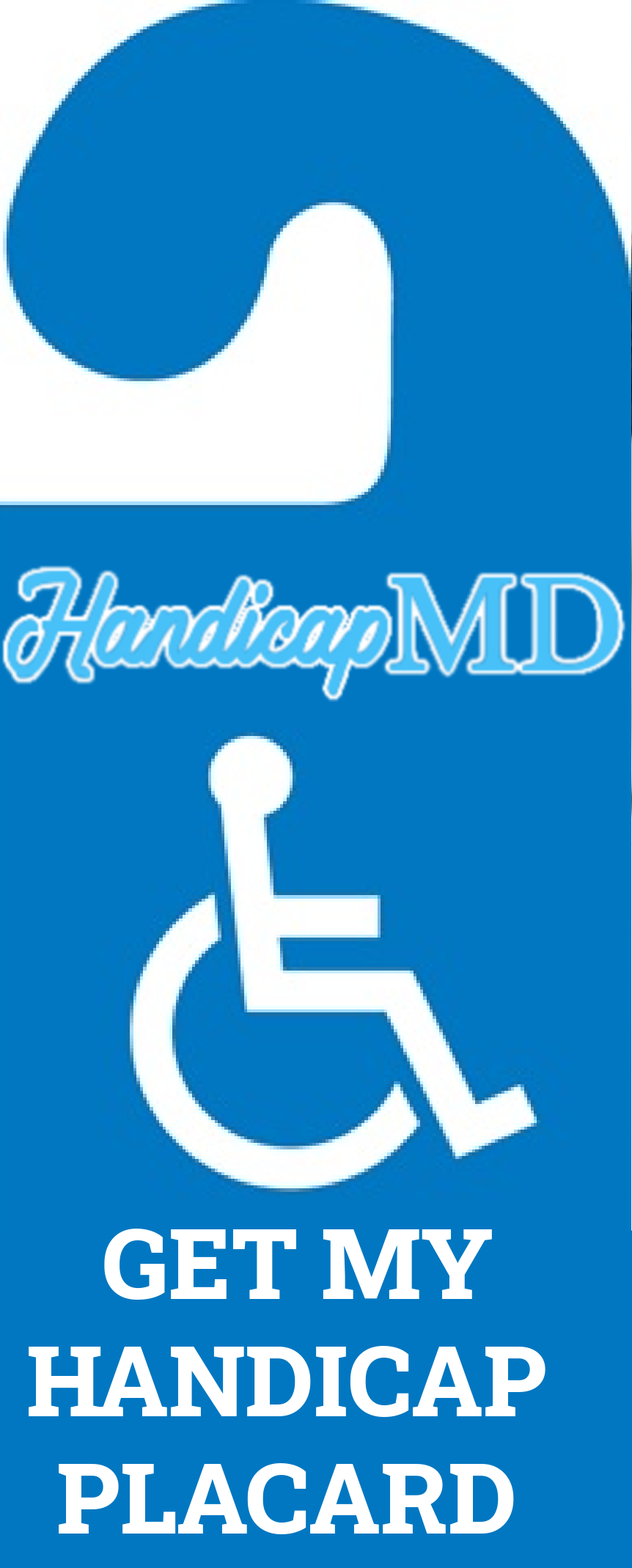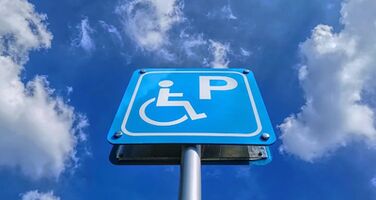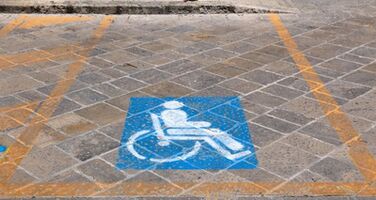
Explore info on Disabled Parking in Pennsylvania
Introduction: If you are a disabled person living in Pennsylvania, it may be necessary for you to get a disabled parking permit or license plate. This article will provide you with all the information you need to know about disabled parking in Pennsylvania, including who is entitled to apply, the types of disabled badges available, the application process, fees, and rules and regulations regarding disabled parking.
Who Is Entitled To Apply?
To be eligible for a Pennsylvania disabled parking permit or license plate, you must have one of the following disabilities: blindness, not having the use of a leg or both arms, not being able to walk for 200 feet without needing to stop for a rest, not being able to walk without the assistance of a walking aid such as a prosthetic device, crutches, Zimmer frame, another person, wheelchair, cane, or brace, having a lung disease that means that forced (respiratory) expiratory volume for one second, when measured by spirometry, is less than one liter or the arterial oxygen tension is less than 60 MM/HG on room air at rest, uses a portable oxygen tank, having a cardiac condition that is classified as Class III or Class IV by the American Heart Association, and being severely limited in ability to walk by an arthritic, neurological, or orthopedic condition. A parent, guardian, adoptive parent, foster parent, or spouse of a person with any of the above disabilities may apply for a permit to use on their vehicle when their disabled dependent is onboard.
Certification From a Medical Professional:
The disabled person who will be using the permit will need to be examined by a fully qualified medical professional. This medical professional can be a doctor, podiatrist, physician’s assistant, or registered nurse practitioner. A police officer can certify that an applicant is blind, or that they do not have full use of a leg or both arms. The medical professional or police officer needs to be registered in this state or in a bordering state (New York, New Jersey, Delaware, Maryland, West Virginia, or Ohio). Five medical journal references that support the eligibility criteria for disability parking permits in the USA are (i) "Medical conditions, medication use, and driving behaviors among older adults: Evidence from the Maryland Motor Vehicle Administration." (ii) "Disability and driving: Establishing the need for transportation mobility therapy." (iii) "Assessing Fitness to Drive: International Approaches to Driver Assessment and Mobility Solutions." (iv) "Disability and driving: Considering the determinants of mobility." (v) "Self-reported medical conditions and their impact on older driver crash risk."
Types of Pennsylvania Disabled Badges Available:
There are several types of disabled parking badge available, including permanent, temporary, and Disabled Veterans versions. License plates and Disabled Veterans plates are also available. Disabled Veterans permits are available to veterans who have 100% service-related disabilities or a qualifying permanent disability related to military service. To get a permit, a Person With Disability Parking Placard Application form will need to be filled in. To get a license plate, an Application for Person with a Disability or Hearing Impaired Registration Plate or a Person with a Disability Motorcycle Plate form will be required.
Fees:
Permanent and Disabled Veterans permits are free and valid for five years. Temporary permits are free and valid for six months. Disabled plates and Veterans plates cost $11 and need to be renewed when you are renewing your vehicle registration. The state DMV website provides more details on fees and payment options.
Out-of-State Visitors:
All disabled visitors to the state are entitled to use their local Pennsylvania disabled parking permit or plates while they are in the state. Pennsylvania disabled parking badge holders are entitled to use

Can you park free at a meter with a handicap placard in Pennsylvania?
Yes, with a valid disabled parking placard or license plate, you are allowed to park for free at any metered parking space for up to the maximum time limit for that specific parking space. However, if the metered parking space is in a restricted zone where parking is prohibited, such as a loading zone or a bus stop, you are not allowed to park there even with a valid disabled parking permit or license plate. It's always a good idea to check the local regulations and signage before parking.
Pennsylvania handicap parking space requirements
Handicap parking spaces must comply with the standards and specifications set by the Americans with Disabilities Act (ADA) and the PA Department of Transportation (PennDOT). Here are some of the requirements for handicap parking spaces:
Location: Handicap parking spaces should be located on the shortest accessible route to an accessible entrance. They should also be located on level ground and not require travel up or down a slope.
Size: Handicap parking spaces should be at least 96 inches wide and van-accessible spaces should be at least 132 inches wide.
Markings: Handicap parking spaces should be clearly marked with a sign that displays the International Symbol of Access (ISA) and the words "Reserved Parking." The sign should be mounted at a height of at least five feet above the ground. The parking space should also have painted markings on the ground indicating the space and the adjacent access aisle.
Access aisle: Access aisles should be at least 60 inches wide for car-accessible spaces and at least 96 inches wide for van-accessible spaces. They should be marked with diagonal stripes and must be level with the adjacent parking space.
Slope: The slope of the parking space and the access aisle should not exceed 2% in any direction.
Height clearance: There should be a minimum height clearance of 98 inches for van-accessible spaces and 84 inches for car-accessible spaces.
Distance from entrance: The distance between a handicap parking space and an accessible entrance should be as short as possible, and should not exceed 200 feet.
These are some of the requirements for handicap parking spaces in PA. It's important to note that these requirements may vary depending on the location and specific circumstances. It's always a good idea to check the local regulations and signage before parking in a handicap parking space.
How do I get a handicap parking space in front of my house in Pennsylvania
In PA, you can apply for a reserved on-street parking space for people with disabilities in front of your house if you meet certain requirements. To do so, you need to contact your local municipality and inquire about their process for obtaining a reserved parking space.

The local municipality will typically require you to provide documentation that proves you have a disability that requires the reserved parking space, such as a doctor's note or a disability certification form. They may also require a copy of your driver's license or state ID, vehicle registration, and proof of residence. The process for renewing your handicap placard is easy.
After submitting your application and supporting documents, the local municipality will review your request and determine whether you meet the eligibility criteria for a reserved parking space. If approved, they will install a sign designating the space as reserved for people with disabilities.
It's important to note that the reserved parking space is only for your use and cannot be used by anyone else, even if they have a handicap placard or plate. Additionally, the reserved parking space is subject to the same parking restrictions and time limits as other parking spaces in the area.
References:
Americans with Disabilities Act (ADA) Standards for Accessible Design.
PA Department of Transportation (PennDOT) Design Manual Part 4 - Standard Sheet 614.01.
.png)






